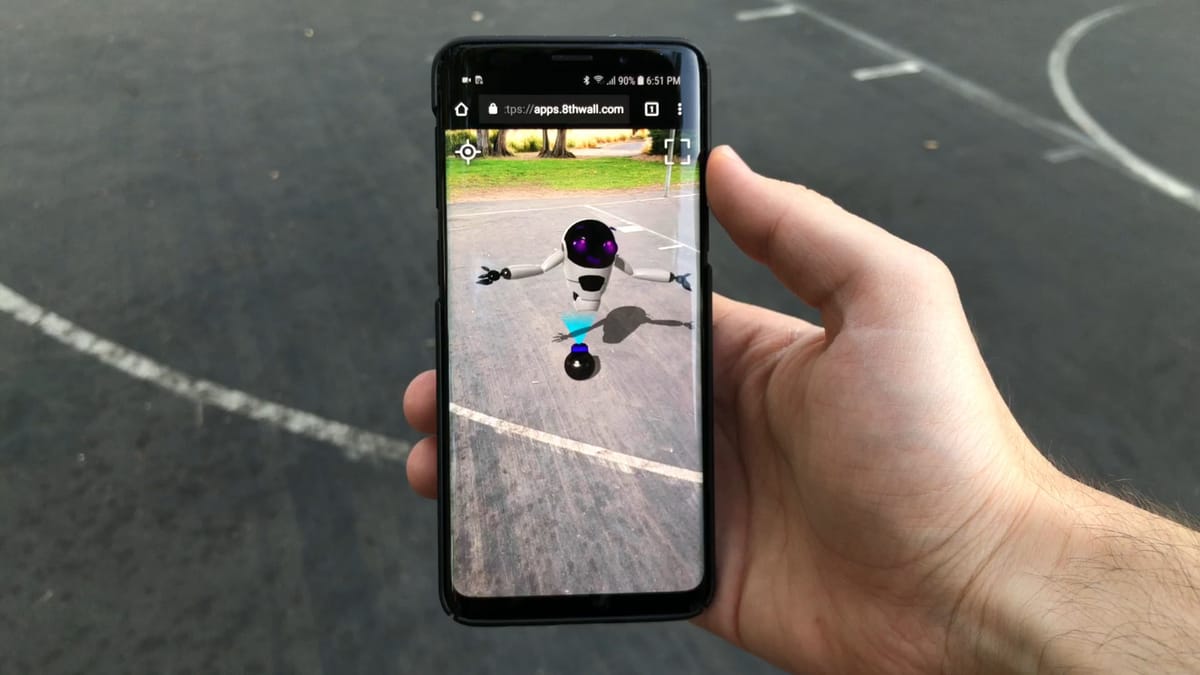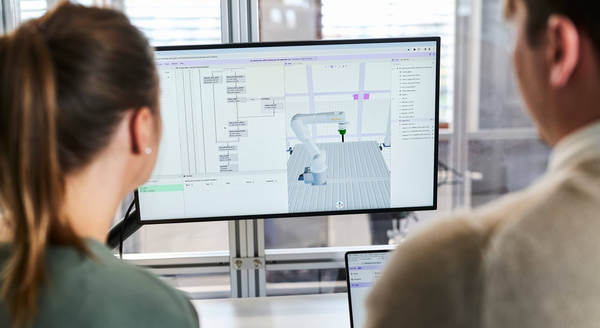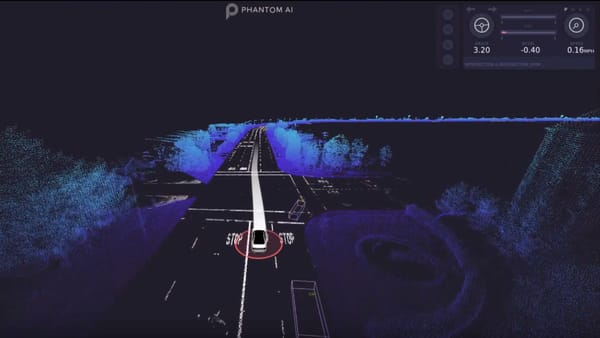8th Wall to Shut Down After Seven Years of Advancing WebAR

- 8th Wall will shut down in 2026, with access ending February 28 and hosted projects supported until February 2027.
- The company plans to explore open-sourcing parts of its technology and documentation.
8th Wall announced today that it will be winding down its services after more than seven years of making the web a powerful place for augmented reality.
As one of the core platforms that shaped WebAR, the announcement marks a significant moment for developers who relied on its browser-based tools.
In a blog post, the company outlined its shutdown plan and thanked the community for its support in helping it achieve its mission of democratizing AR and 3D content. The message reflects how central the community has been to the platform's growth and how much of WebAR’s evolution was driven by creators.
"8th Wall began with a simple idea: that augmented reality should work everywhere, for everyone. That idea became real because of you - the developers, artists, and storytellers who built the future one project at a time. We’re incredibly proud of what we created together and deeply grateful for the trust you placed in us. Thank you for believing in this vision, for pushing the limits of what AR and 3D could be, and for making the last seven years unforgettable."
The company outlined a phased approach to the shutdown starting in the new year. The timeline gives developers a clear window for transitions, migrations, and archiving work before access ends.
- February 28, 2026: End of platform access. At this time, developers will no longer be able to create an account, log in, edit or create projects, or export projects or assets.
- February 28, 2026 – February 28, 2027: Existing published/hosted projects continue to function, but users cannot log in or modify their projects.
- After February 28, 2027: 8th Wall hosting services will be decommissioned, and remaining project data deleted in line with our data-retention policy.
The company did highlight that parts of 8th Wall may live on as they look to open-source aspects of the platform. "While this chapter is closing, we are committed to ensuring the legacy of the technology continues," it explained on its blog. "We are actively exploring options to open-source key components of 8th Wall technology and documentation to make them available to the community." If successful, this move could preserve tools and workflows that many creators still depend on and prevent the loss of years of WebAR knowledge.
8th Wall pioneered web-based augmented reality, debuting its SLAM engine hyperoptimized for the browser in 2018 and coining the term WebAR. Its platform continued to be one of the only offerings for developers to create cross-platform and cross-device augmented reality experiences for the browser. In 2022, 8th Wall was acquired by Niantic, the makers of Pokémon GO, where it integrated Niantic's visual positioning systems (VPS) into its capabilities, enabling centimeter-level accurate location-based WebAR. Under Niantic, 8th Wall also debuted a brand new ad format in Rewarded AR ads which used 8th Wall's AR tech to power ad units that ran in Niantic's popular games for brands such as Circle K and LUNCHABLES.
On its website, 8th Wall features thousands of projects created with its platform, including many by top brands such as Pizza Hut, Nike, LEGO, AT&T, Amazon Prime, and more. 8th Wall states that its tools have powered over 3,000 commercial experiences across industry verticals. This catalog shows the breadth of adoption and the influence the platform had on the marketing and advertising ecosystem.
Earlier this year, 8th Wall officially launched its latest offering out of beta, Studio, its own game engine and visual studio with a focus on both 3D and AR content creation for the web. In addition, it debuted an AI-asset workflow and the ability to export web content as a native app. The launch of Studio signaled a push toward a broader creator toolset powered by AI, which makes today’s shutdown announcement more unexpected for many in the community.
8th Wall is the latest in mobile AR platforms to end its service. In November of this year, Adobe Aero shut down, and on January 14, 2025, Spark AR by Meta Platforms ceased operations. This moment signals a turning point as the industry moves from mobile AR toward AI creation pipelines and the growing headset ecosystem.
🌀 Tom’s Take:
Having spent several years leading product at 8th Wall and later overseeing augmented reality platforms at Niantic, I saw firsthand how much this team punched above its weight. 8th Wall proved that high quality AR could live on the web, long before the rest of the industry believed it was possible. The team built with focus and conviction, and the developer community took those tools and expanded the boundaries of what brands and creators could deliver. The work that came out of this ecosystem shaped how mobile AR evolved and influenced the direction of spatial computing on the web. Even as the platform winds down, its ideas and its impact will continue to inform what comes next.
Source: 8th Wall
Disclosure: I previously led product at 8th Wall (2019–2022) and later managed augmented reality platforms at Niantic (2022–2024).





